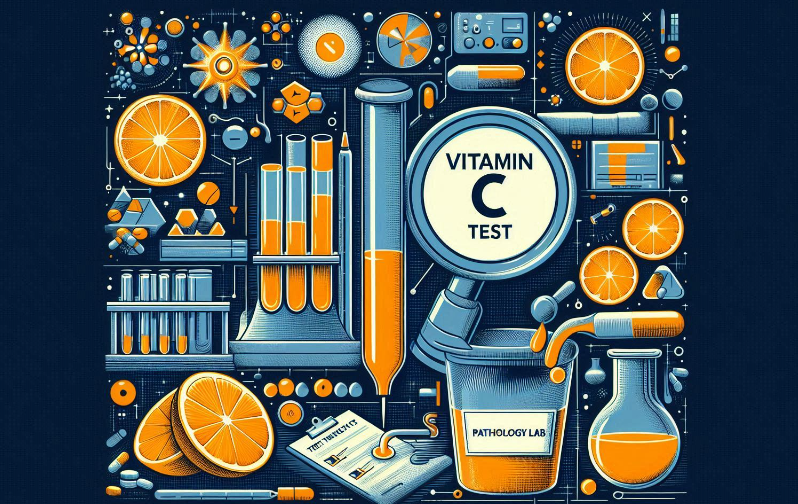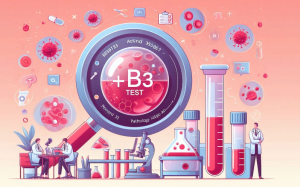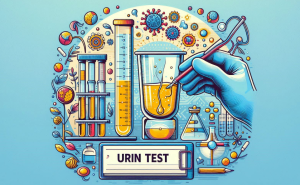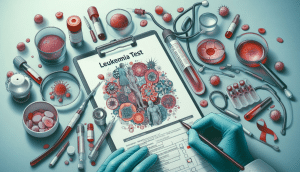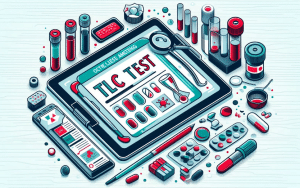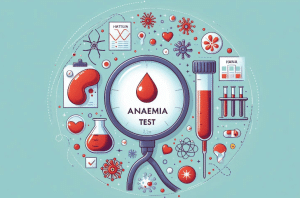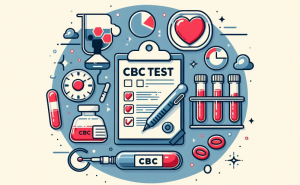What is a Vitamin C Test?
A Vitamin C Test, also known as an Ascorbic Acid Test, measures the level of vitamin C (ascorbic acid) in your blood. Vitamin C is a water-soluble vitamin crucial for various bodily functions, including collagen synthesis, immune system function, iron absorption, and antioxidant protection.
Why Do You Need a Vitamin C Test?
A healthcare professional might order this test if they suspect:
- Vitamin C deficiency (scurvy): Symptoms like fatigue, bleeding gums, easy bruising, joint pain, or poor wound healing could indicate a deficiency.
- Monitoring vitamin C supplementation: Individuals taking high doses of vitamin C supplements might require periodic monitoring.
- Assessing certain medical conditions: Conditions affecting nutrient absorption, smoking, or certain chronic diseases might warrant this test.
What Does a Vitamin C Test Measure?
The test directly measures the concentration of ascorbic acid in your blood plasma. It can indirectly provide insights into:
- Vitamin C status: Whether you have sufficient, deficient, or excessive levels of Vitamin C.
- Potential health risks: Vitamin C deficiency can lead to scurvy and other health problems.
- Underlying conditions: Abnormal levels might signal issues with nutrient absorption or other health concerns.
Preparing for the Test
Generally, no special preparation is needed for a Vitamin C test. However:
- Fasting: Some labs might require fasting for a certain period before the blood test. Check with your healthcare provider.
- Medications: Inform your doctor about any medications or supplements you are taking, as some can affect Vitamin C levels.
Understanding the Results
Normal Vitamin C levels typically range between 0.4-2.0 mg/dL in blood. The interpretation might vary depending on the lab and other factors.
- Low levels (deficiency): This could indicate a risk of developing scurvy or other health problems associated with Vitamin C deficiency.
- High levels: While excess Vitamin C is generally excreted in urine, extremely high levels from supplements might cause digestive issues like diarrhea.
- Normal levels: Indicate adequate Vitamin C status.
Risk Factors and Prevention
Factors that can increase the risk of Vitamin C deficiency include:
- Poor diet: Diets lacking in Vitamin C-rich foods like citrus fruits, berries, tomatoes, and leafy green vegetables can lead to deficiency.
- Malabsorption disorders: Conditions affecting nutrient absorption can impact Vitamin C levels.
- Smoking: Smoking depletes Vitamin C levels in the body.
- Certain medical conditions: Kidney disease or certain cancers can affect Vitamin C levels.
Prevention and management involve:
- Balanced diet: Include plenty of Vitamin C-rich foods in your diet.
- Supplementation: If dietary intake is insufficient, your doctor might recommend Vitamin C supplements.
- Addressing underlying conditions: Treating any conditions causing malabsorption or affecting nutrient uptake is important.
- Quitting smoking: This helps maintain adequate Vitamin C levels.
Remember, maintaining optimal Vitamin C levels is crucial for overall health and well-being. Consult with your healthcare provider if you have any concerns or suspect a deficiency.

 7351982473
7351982473